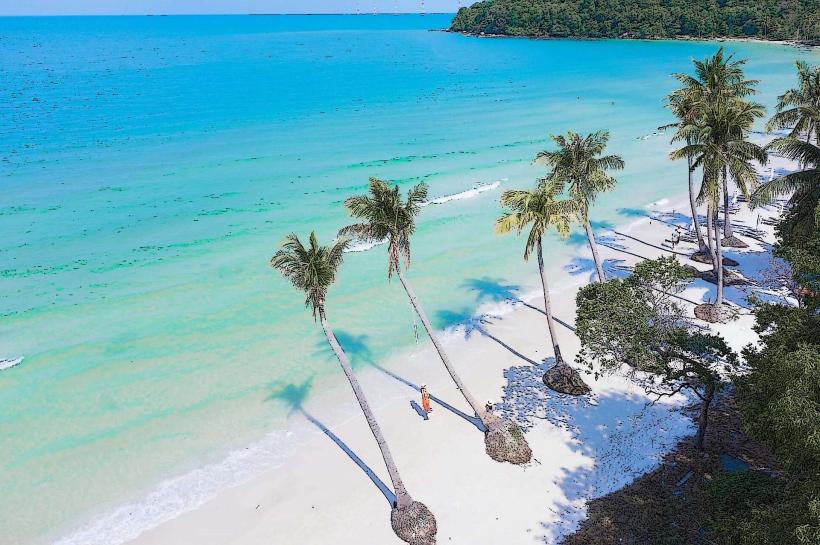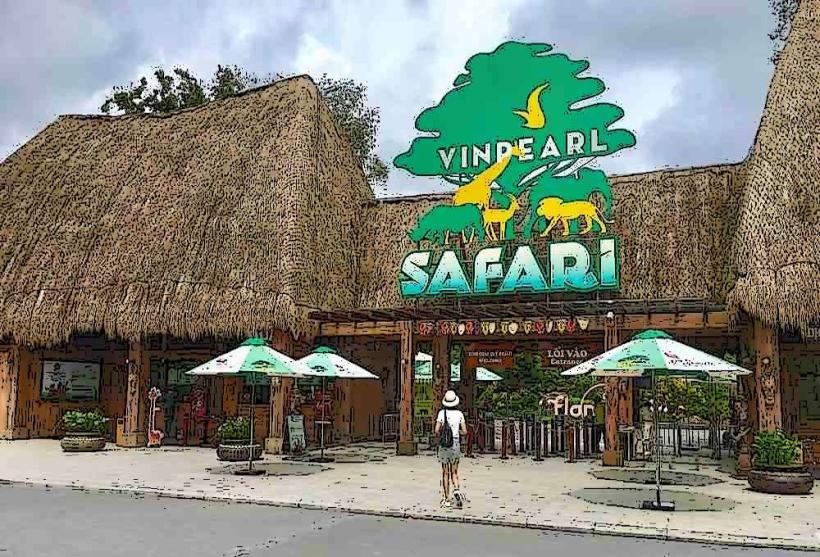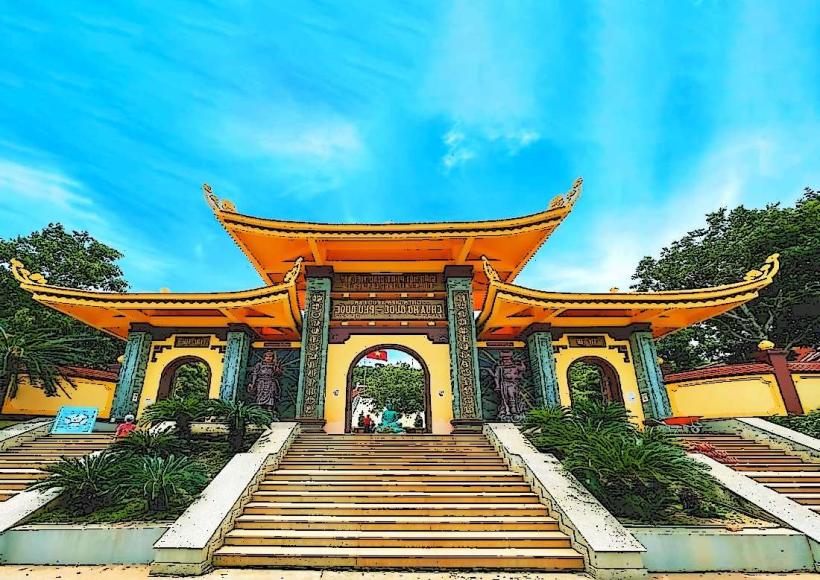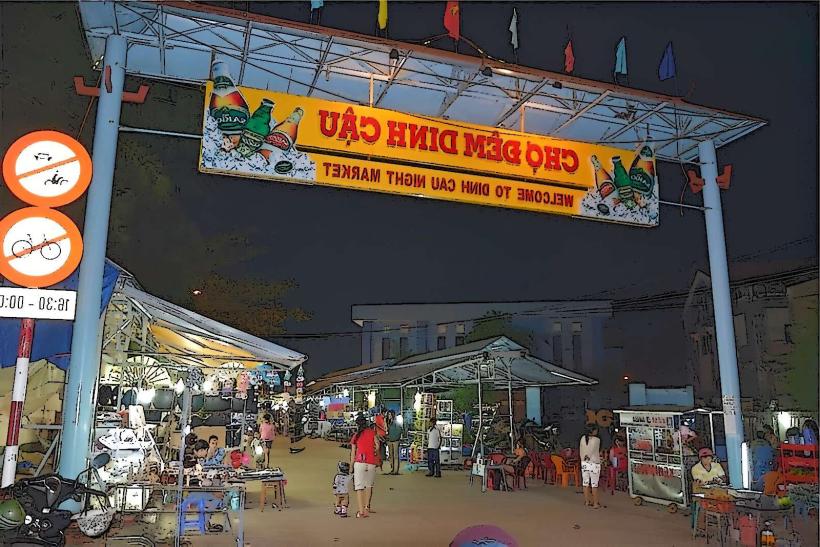Information
Landmark: Phu Quoc National ParkCity: Phu Quoc
Country: Vietnam
Continent: Asia
Phu Quoc National Park, Phu Quoc, Vietnam, Asia
Phu Quoc National Park is a protected area located on Phu Quoc Island, Vietnam.
This park encompasses a significant portion of the island's terrestrial and marine ecosystems.
Visual Characteristics
The park features dense tropical rainforest with a canopy dominated by evergreen trees. Elevations range from sea level to approximately 600 meters. The coastline includes sandy beaches and rocky outcrops. Marine areas consist of coral reefs and seagrass beds.
Location & Access Logistics
The park is situated in the northern and eastern parts of Phu Quoc Island. Access points are primarily via provincial roads DT49 and DT47. The main entrance is approximately 20 kilometers north of Duong Dong town. Limited parking is available at designated trailheads. Public transport directly into the park is not available; private vehicles or taxis are required.
Historical & Ecological Origin
Phu Quoc National Park was established in 2001, consolidating previous protected forest areas. It is classified as a tropical monsoon forest ecosystem. The park protects a biodiversity hotspot with endemic species of flora and fauna. The marine sections are vital for coral reef conservation.
Key Highlights & Activities
Hiking is permitted on designated trails, such as the trail to the summit of Mount Chua. Birdwatching opportunities exist throughout the forested areas. Snorkeling and diving are possible in the protected marine zones, particularly around the An Thoi Archipelago (though this is a separate management area, it is ecologically linked). Observation of wildlife, including primates and various bird species, is a primary activity.
Infrastructure & Amenities
Basic facilities, including some shaded rest areas and informational signage, are present at main trailheads. Restrooms are available at the park headquarters near the main entrance. Cell phone signal (4G) is intermittent within the park's interior. No food vendors operate within the park boundaries; visitors should bring their own supplies.
Best Time to Visit
The dry season, from November to April, offers the most favorable weather conditions for park exploration. The best time of day for wildlife observation is typically early morning or late afternoon. For marine activities, visibility is generally best during the dry season.
Facts & Legends
A specific local legend speaks of a rare orchid found only in the park's highest elevations, believed to possess medicinal properties. The park is a critical habitat for the endangered Dugong.
Nearby Landmarks
- Starfish Beach (Rach Tram Beach): 8km Northeast
- Ham Rong Cape: 12km North
- Ganh Dau Cape: 15km Northwest
- Nguyen Trung Truc Temple: 18km Southwest





